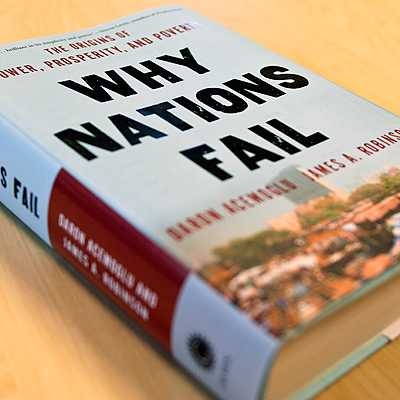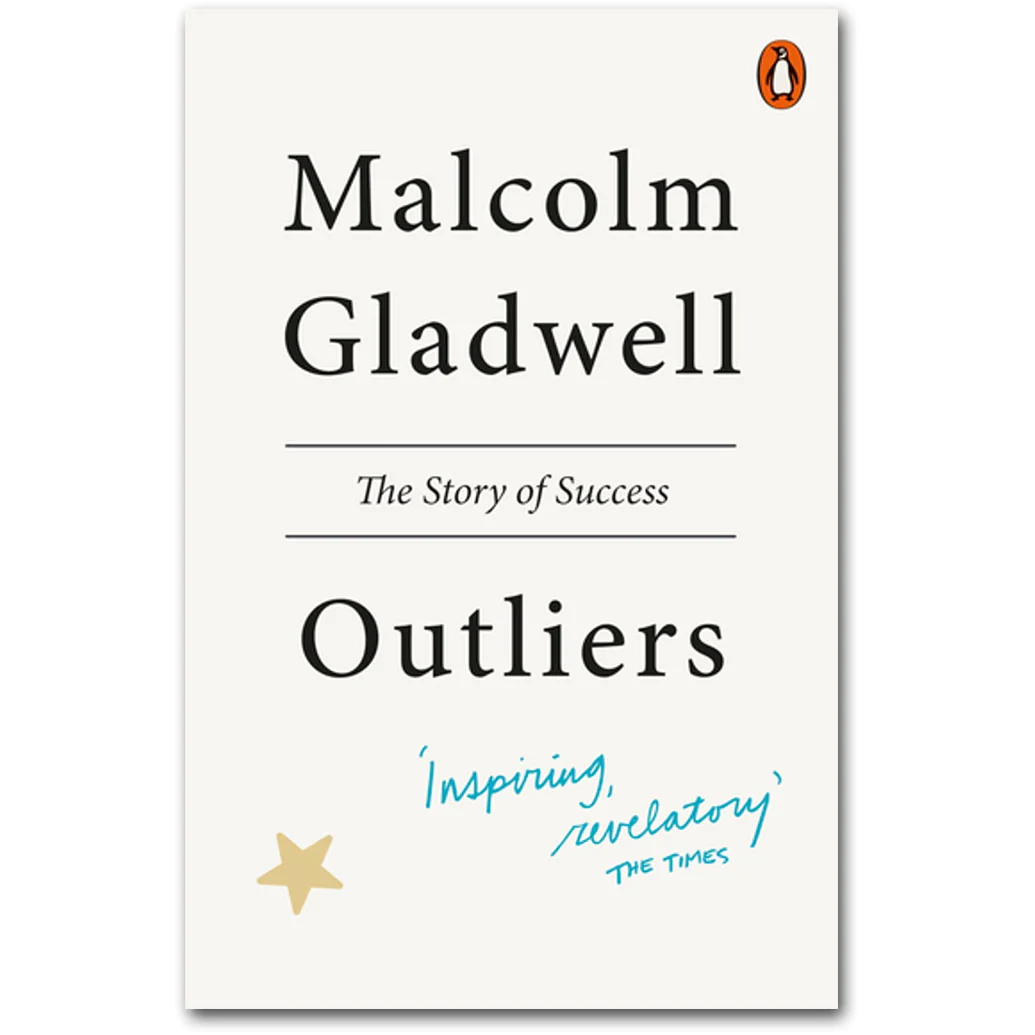Abdullah Lashari
This is a very interesting question. Who wouldn’t want to know the answer? For this reason, I bought this book back in 2017 & wanted to know why. Since then it was on my bookshelf until some days ago I picked it up to read. This book is co-authored by Daron Acemoglu professor of economics at MIT & James Robinson British Economist.
So why do nations fail? Why are Western Europe, North America & Japan rich & more prosperous than Sub- Saharan African countries, South American, and South Asian countries? Do nations fail because of their geography? Culture? Ignorance? Or because European people are more intelligent than other people in poor countries? Not at all. Daron Acemoglu doesn’t believe in these theories. If you have read the popular book Guns, Germs & Steel by Jared Diamond that book was premised on geography thesis as the reason for the prosperity & poverty of nations. Writers of this book debunked that geography theory as well as mentioned above.
Daron Acemoglu says If Geography, culture, or climate should have played a role in the poverty & prosperity of nations then there shouldn’t have been any differences between South Korea & North Korea. Both countries are so close, separated by a just border, yet so different. South Korea is rich, and prosperous, with better living standards, education & health care. In contrast, North Korea is the opposite of it suffering from poverty & dictatorship.
So if not geography, culture & ignorance then what is it that leads countries to prosperity or poverty? Or why do nations fail then?
Here comes the core of the book: Inclusive economic & political institutions & Extractive economic & political institutions. Rich, democratic, economically sound & stable countries have inclusive institutions while poor, unstable, absolute, or dictatorial have extractive institutions in place.
Inclusive institutions involve pluralism, broader political participation & economic opportunities in society for everybody, it allows innovation, entrepreneurship, property rights, rule of law, competition & accountability of leaders. Examples are Western democracies.
On the other hand, extractive institutions maintain the power of the narrow elite at the expense of society. Absolutist & repressive regimes thrive under this model. The narrow elite maintains economic monopolies to enrich themselves, and ordinary people have no private property rights, political participation & economic opportunities. The controlling elite doesn’t like change because their power would be threatened by creative destruction so they resist inclusive institutions to take root & lead to democracy. Examples are European absolute monarchies of the time & Ottoman monarchies, sub-Saharan countries, and south Asian countries of today. European monarchies didn’t become prosperous until they gave up on extractive economic & political institutions in the 18th & 19th centuries & gradually marched towards inclusive institutions & democracy.
Countries with extractive institutions don’t encourage innovation & change because the narrow elite prefers the status quo it would always resist change. Ottoman Empire banned the printing press, Austro- Hungarian empire & Russian monarchy resisted railways & industrial Revolution in the fear of lest their power goes away if the innovation & industrial Revolution is to be adopted. Because innovation & change overhaul the whole society & brings creative destruction. That’s why they remained behind those who adopted the Industrial Revolution & innovation.
Writers have researched for 15 years writing this book. Starting from the neolithic revolution about 10 thousand years ago to the 21st century. They found that inclusive economic & political institutions were the key that led to the prosperity of nations, not the geography, culture, or ignorance instead institutions that made the difference. As the North & South Korean example illustrates. While extractive economic & political institutions led to absolutism, poverty & collapse of the countries. Today’s Sierra Leone a western African country illustrates this.
This book is premised on the institutional history of the world from a political economy perspective.
I found this book very compelling. This is a heavy read in terms of pages but easy & entertaining to read. It is very coherent with compelling arguments. It doesn’t leave any part of the world or history untouched generally. Writers discuss the Roman empire, Maya city-states, Ottoman Empire, African Empires, European Empires & down to the nation-states to prove their point. Highly recommended.
P.S. After reading this book I think I may have a better understanding now of why some nations fail & others prosper though not considering this as the last word on the subject. This was eye-opening by the way. What do you think?



